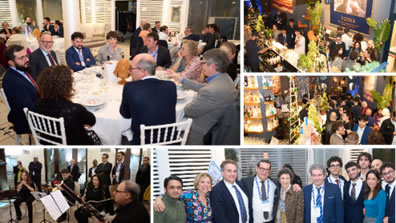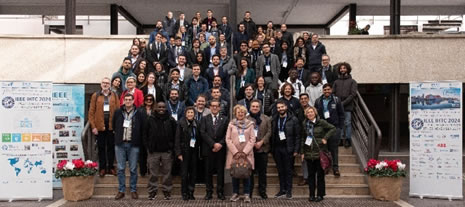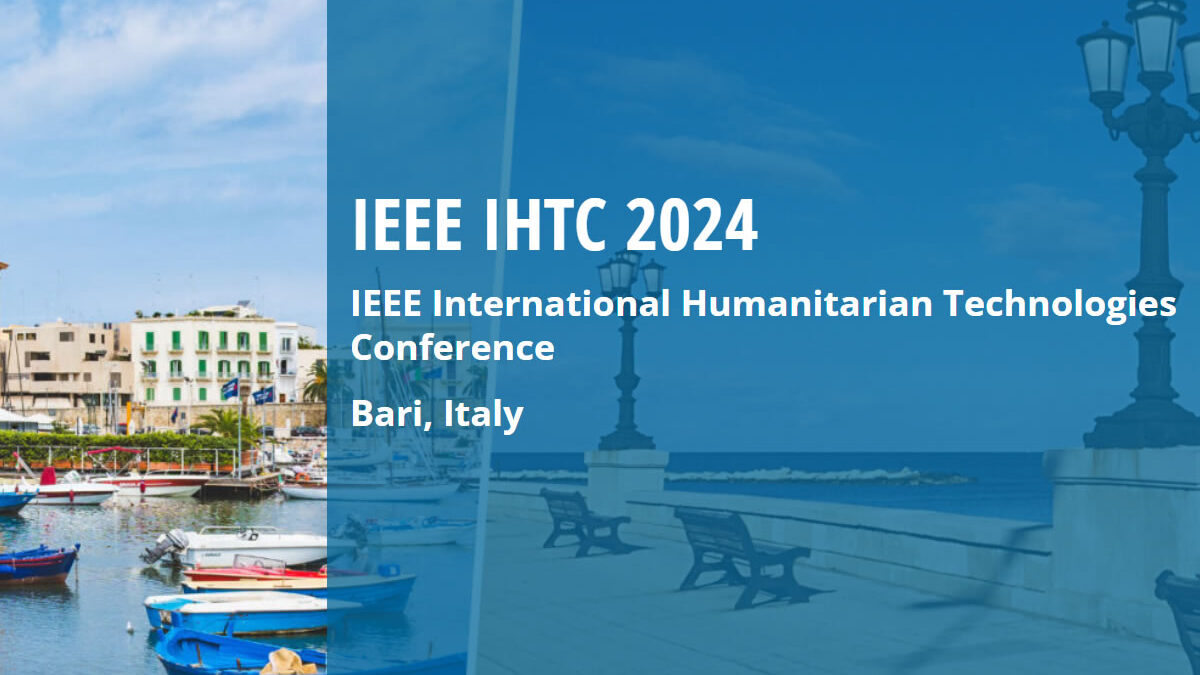A Record-Breaking Edition
The IEEE International Humanitarian Technologies Conference (IHTC) 2024 served as a vital platform for addressing pressing environmental and socio-economic challenges through technological innovation. Held for the first time in Europe, this seventh edition took place in Bari, Italy, from November 27-30, at the Polytechnic University of Bari. The conference aimed to gather scientists, engineers, researchers, and professionals to explore how technology can be harnessed for the common good, aligning with the United Nations’ Sustainable Development Goals (SDGs) and promoting humanitarian technologies.
This year’s conference witnessed unprecedented participation, with over 436 attendees from more than 70 countries, including a notable representation of women, making up a quarter of the participants. The authorship reflected a diverse global reach, with 74.4% of authors from Europe, the Middle East, and Africa, and a total of 201 papers reviewed, resulting in a 73% acceptance rate for the technical program. The conference featured 16 special sessions across three main tracks: clean and affordable energy, critical events and adverse living conditions, and quality improvement.
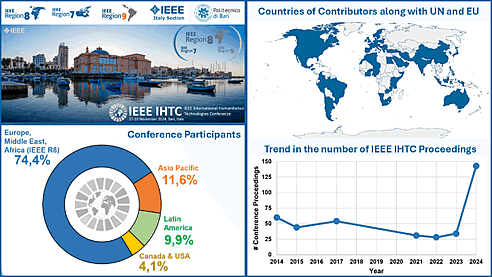
Collaboration Across Disciplines
Key Themes & Insights
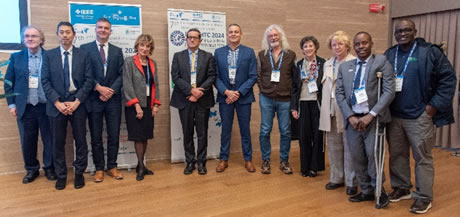
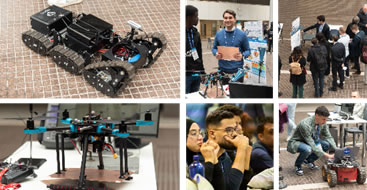
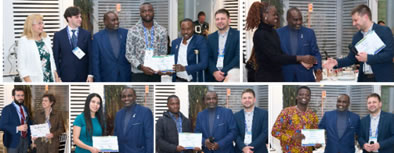
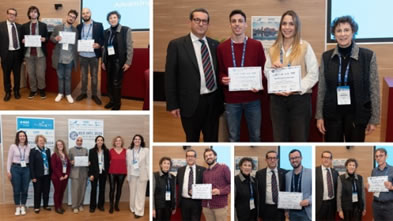
Findings, Recommendations & Future Directions
